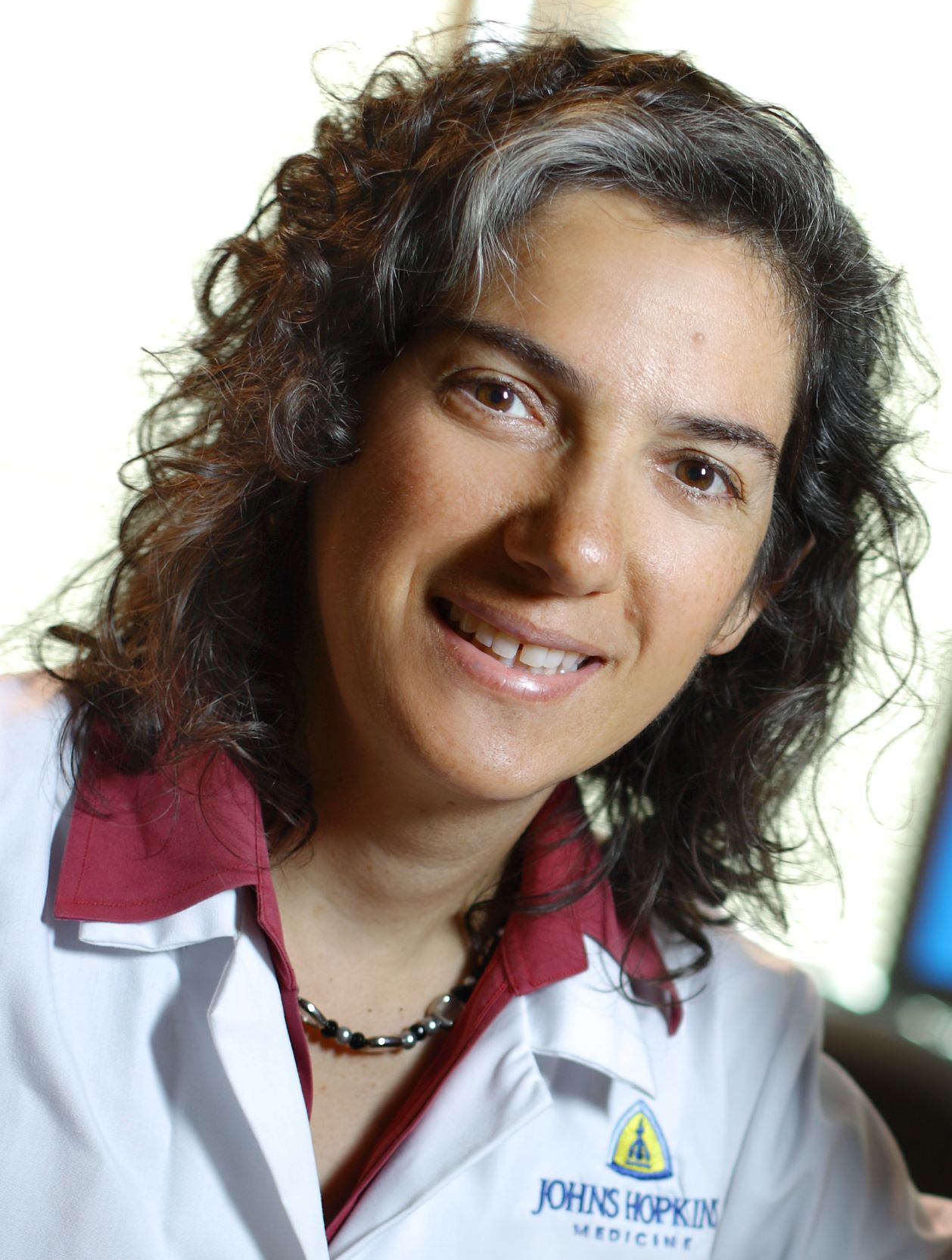
Interstitial lung disease (ILD) is a common sequela of systemic sclerosis (SSc) and is associated with significant morbidity and mortality. SSc-ILD is a heterogenous disorder without clear guidance on diagnosis, management, and follow-up. Pulmonary and extrapulmonary complications of SSc are common, with limited treatment options. Historically, mycophenolate and cyclophosphamide have served as the first-line treatments, while nintedanib and tocilizumab have recently emerged with new FDA approvals. Four cases are discussed in this activity by Flavia Castelino, MD, and Sonye Danoff, MD, PhD, that provide clinical insights into the risks of lung involvement, latest advances in guidelines and research, diagnostic testing, disease progression assessment, and shared decision-making. Join Drs. Castelino and Danoff for this active learning activity on the diagnosis and treatment of patients with SSc-ILD.
Course Credit:
1.5 AMA PRA Category 1 CreditsTM
Dates:
Opens: 2022-09-20
Closes: 2023-09-20
Target Audience:
This activity was developed for a national audience of pulmonologists, radiologists, rheumatologists, dermatologists, and primary care physicians, and other clinicians who have a role in the diagnosis and treatment of patients with systemic sclerosis-associated interstitial lung disease (SSc-ILD).
This activity is supported by an independent educational grant from Boehringer Ingelheim Pharmaceuticals, Inc.
-

Flavia Castelino, MD
Director, Scleroderma Program
Division of Rheumatology
Massachusetts General Hospital
Assistant Professor of Medicine
Harvard Medical School
Boston, Massachusetts -

Sonye K. Danoff, MD, PhD
Associate Professor of Medicine
Johns Hopkins Medicine
Baltimore, Maryland
